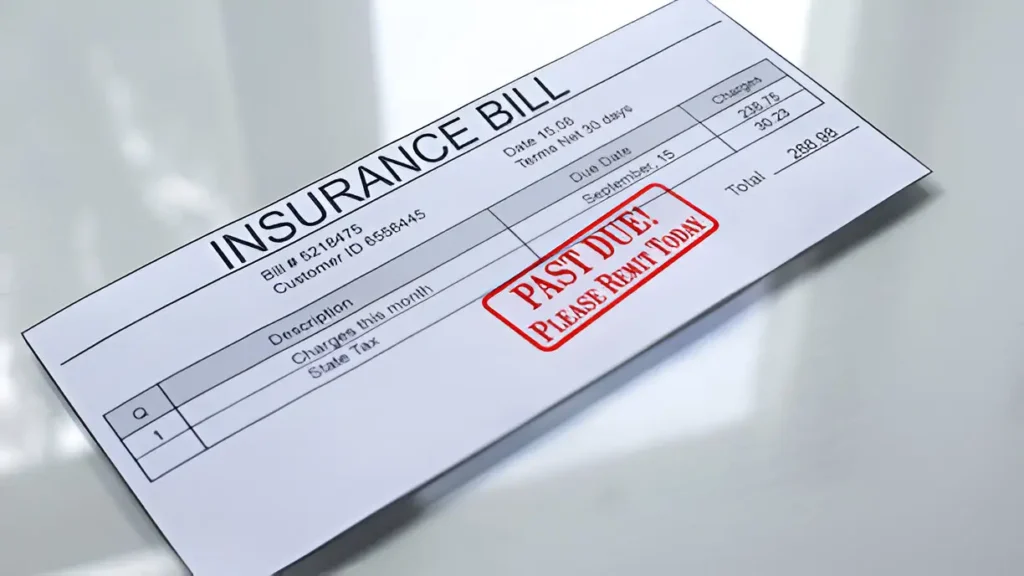Dealing with an insurance claim denial can feel overwhelming. Whether it’s your health, home, auto, or another type of insurance claim, being left to cover costs you thought were insured is frustrating and, in many cases, financially draining. But don’t give up just yet! There are steps you can take, resources you can turn to, and professionals who can help you to resolve the issue.
Here are some actionable steps to follow if your insurance company won’t pay up:
1. Understand Why Your Claim Was Denied
Before taking any action, it’s crucial to understand the exact reason for the denial. Insurance companies are legally required to provide a detailed explanation when claims are denied. This information is usually found in a claim denial letter or Explanation of Benefits (EOB) statement.
Common Denial Reasons Include:
- Policy Exclusions – The claim falls outside what your policy covers.
- Missed Deadlines – Claims submitted late might be rejected by default.
- Incomplete Documentation – Missing or insufficient evidence of damage or need.
- Disputed Liability – The insurer argues you are not entitled to coverage for the specific issue.
Review your insurance policy carefully and compare it against the denial explanation. If the wording in the denial seems unclear or doesn’t align with your understanding of the policy, take note of it for further action.
Tip: Being familiar with your policy’s fine print makes it easier to dispute inaccurate claims rejections.
2. Gather All Relevant Documentation
Supporting evidence strengthens your position if you need to appeal the denial. Compile all relevant records, including claim documents, photographs of damages, receipts or invoices for expenses, and any correspondence with the insurance company.
If your claim involves personal or property damage, include:
- Photographs/videos of the incident.
- Witness statements (where applicable).
- Police or incident reports, if relevant.
Maintaining a record of every interaction with the insurance company, such as phone call details and names of representatives spoken to, can also bolster your appeal.
3. File an Appeal with Your Insurer
Most insurance companies have an appeals process that policyholders can use to dispute denied claims. Write a formal appeal letter addressing the claim denial and why you believe it was wrong. Be concise, stick to the facts, and include a copy of all necessary documents.
Pro Tip: If the language in your policy justifies your claim, reference specific sections or clauses to support your argument. The more evidence-based your appeal is, the harder it is for your insurer to dismiss it.
4. File a Complaint with Your State Department of Insurance
If your appeal is unsuccessful, you have the right to escalate the issue by filing a complaint with your state’s department of insurance. These regulatory bodies oversee the fairness of insurance practices in your state and may investigate disputes.
When filing your complaint:
- Provide the details of the denied claim and any proof that supports your side.
- Outline the steps you’ve already taken to resolve the issue with your insurance company.
The department might mediate the dispute or pressure the insurer to reconsider their decision. However, don’t expect immediate resolutions, as investigations take time.
5. Seek Legal Assistance
If the above steps fail or your claim involves significant financial stakes, consulting an attorney may be the best course of action. Insurance bad faith claims, in particular, may require intervention by an expert to seek justice. Contacting personal injury lawyers in Tulsa, OK or a professional local to your area with a background in disputes can help you fight for fair treatment.
An experienced lawyer can:
- Analyze your case to determine whether the insurer violated your rights.
- Negotiate with the insurance company on your behalf.
- Pursue legal action if necessary.
Many lawyers offer free case evaluations, making it worthwhile to explore this option.
6. Learn How to Avoid Future Claim Problems
While nobody wants to face disputes or claim denials again, there are proactive ways to reduce such risks. Keep these tips in mind for the future:
- Always double-check policy coverage when purchasing insurance.
- Keep meticulous records when a claimable incident happens.
- Submit claims within policy deadlines.
- Follow up regularly to ensure the processing of your claim is on track.
Recognizing your rights and being persistent can help you secure the compensation you deserve, even when insurers deny a claim. Focus on documentation, understanding your policy terms, and escalating the issue through appropriate channels for the best chance of success.
Also Read-V4Holt: Leading Advances in Innovative Tech


